Have you ever heard about someone’s life journey and wonder if it’s believable or not? In the case of Trapper Haskins, it made me wonder how this gentleman has lived life in a way that resembles larger than reality anecdotes. The chronicling of the moment after moment is the equivalent of a best-selling fictional novel that you can’t keep your eyes off the pages. Here’s the kicker-Haskins backstory is true and utterly compelling.
The latest album release from Haskins Blood in the Honey chalk up more easy listening tracks that feature a rich narrative. Intermingling country, blues, and Southern rock within his library, Haskins works through stories of love, loss, and self-discovery to deliver another masterful story to his already strong arsenal.
I recently spoke with Haskins to hear more about his life, music, and more.
Growing up in Memphis, I imagine that you had little to no issue discovering some great music growing up. Is that correct?
Like any kid in the ‘80s that grew up with cable, I spent an awful lot of time watching MTV. So, my early musical diet was pretty in-line with whatever was on the Top 40 charts. And my dad’s record collection was all Dylan and Neil Young with some Led Zeppelin and Jethro Tull, lots of folk and classic rock. Not exactly Memphis-centric music. Honestly, it wasn’t until late in high school when I got interested in American history and my city’s history that I became aware of what Memphis’ musical legacy really meant.
What was your first memory that ultimately drove you towards wanting to be a musician?
I started playing guitar on a little nylon string classical when I was eight, but I didn’t have any real aspirations beyond mimicking the bands in the music videos I was watching. I was writing and recording stuff on a jam box by the time I was in middle school. But I remember going to Beale Street before I was old enough to drive. They had all-ages shows at the New Daisy Theater, and we’d go see some local band that was only a few years older than us—often kids we went to school with—and the place would be packed. 600, 800 people on a Friday night. And then I’d see the guitar player in study hall on Monday morning. It was enticing, the energy of live music, the communal aspect. I think I recognized that I wouldn’t be content as a spectator. I wanted to be a participant.
Having moved to several cities over the years, did you find that your inspiration musically shifted with each stop?
Oh, for sure. When I moved to Maine my wife and I got invited to contra dances where I was first exposed to the French-Candian and Celtic music of the Maritimes. We had a mandolin in the house, and I spent hours trying to learn to play those old fiddle tunes on it. I’ll tell you, I’m not much of a dancer, but when there’s a caller directing things I can manage not to trip over my own feet! Sometimes though, I would stand against the wall just so I could watch the band. We moved to New Orleans after that. I worked in a furniture factory during the day and was a busker at night. I’d set up on the corner of Royal and Ursulines right across from Royal Pharmacy and play old folk songs. A block away there would be other street performers playing accordion or trombone or tap dancing. Between the jeers and the drunks and the other musicians you really learn how to hold your own and project your voice.
With everything happening right now, have you and the band found yourselves doing more writing?
Yeah, without a doubt. With the release of Blood in the Honey, we had a run of shows scheduled. When those got postponed I turned my focus more toward fleshing out some song ideas that were on the backburner. It feels a little strange to have this new record out in the world and yet be working on other material. But if there’s one thing everything is right now, it’s strange.
I found it interesting that you are well-versed in crafting a variety of things, such as boats. What got you into wanting to do such?
I was an English major in college before I dropped out and left my hometown. And I think peering into the future, the trajectory of a life in academia, scared me. I had this doe-eyed admiration for the characters in American literature and song, and I know it sounds naively romantic, but in reading about the kinds of people who built this country—the iron workers and shipwrights and railroad laborers—I realized that while I might know how to recognize the symbolism in Moby Dick, I didn’t actually know how to build shit. And something about that made me feel incomplete. When I moved to New England to apprentice as a boat builder I had never turned on a table saw. Fortunately, my curiosity was stronger than my ego.
With being involved in so much, did you ever consider putting music to the side?
Oh, I did. After the Great Recession we were in a tough position financially. My wife and I have two young kids, so I did something I swore I’d never do and took an office job with an architecture firm. I quit playing. I quit writing. I quit performing. I tried to become what I thought they needed me to be. It was a long 3 years, and it resulted in me suffering a nervous and emotional breakdown. It was a painful lesson in the importance—in fact, the necessity—of staying true to yourself.
What would you say was one of the biggest hurdles in putting together Blood in the Honey?
More than anything, the time. Ry Evans, the co-producer, has four kids. I have two. He’s a welder. I’m a carpenter. We both have extremely full schedules. So, creating the space in our lives to make this thing was a challenge. But we were consistent. It wasn’t recorded in one manic weekend, but it wasn’t recorded in fits and starts either. We had a standing appointment in the studio every Thursday night to make some kind of progress. Looking back, I’m grateful for that. It allowed us time to really reflect on the arrangements and production.
What’s the meaning behind the new album?
Blood in the Honey is my first record since being diagnosed with diabetes in 2013. I prick my finger to check my sugar levels constantly, and I inject insulin 3 or 4 times a day. So, needles are never far from my mind. Neither is the notion of balance, and how whatever we put into our bodies—whether that’s carbohydrates or opioids—can be medicine or poison depending on the concentrations. I think a lot of the songs reflect that theme, existing in a kind of tension between right and wrong. And being accepting of that.
You formed the Tennessee Association of Vintage Base Ball. What is it about the early days of baseball that captures you so much?
It goes hand in hand with my love for American history, I think. There is so much about civilian life 200 years ago that, thankfully, we will never have to endure. But we have the music, and that’s a healthy conduit to the past. So is baseball. The rules and customs of the game were different from the sport we have now. There were no gloves in the early game (I’ve broken the same pinky finger twice), and a fielder could catch a ball on one bounce for an out. It feels simpler than the highly competitive form of the game today. Plus, it’s just damn fun.
Being a carpenter, completing triathlons, being a musician-is there anything that you can’t do, sir?
Ha! Plenty! My inadequacies far outnumber my abilities. And my wife suffers them bravely.


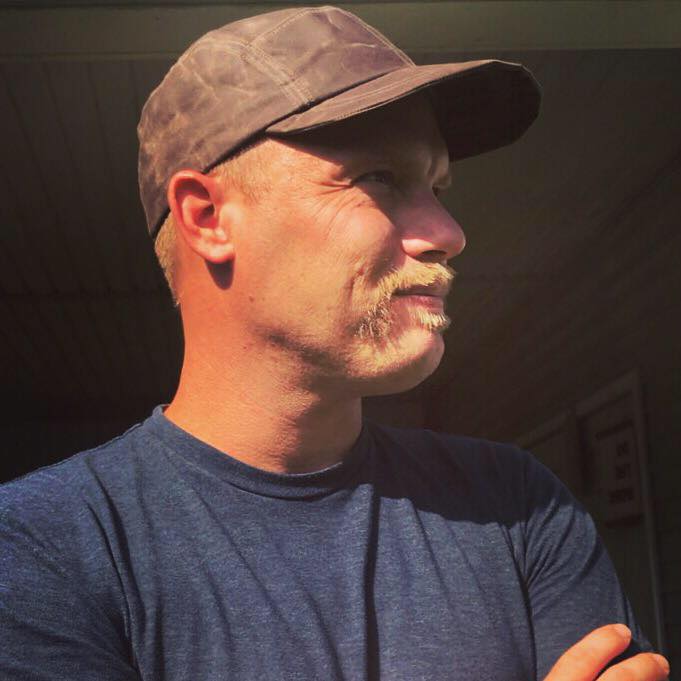
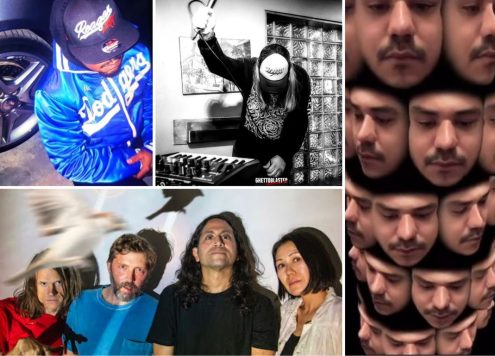
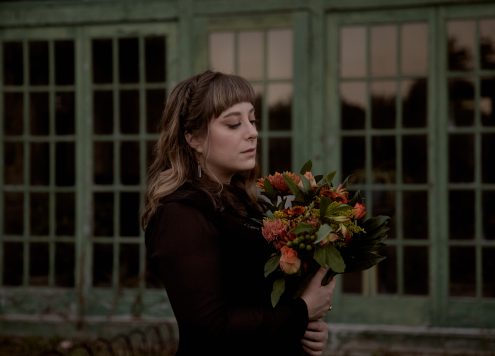






















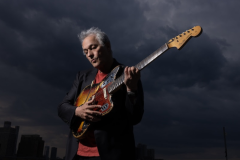
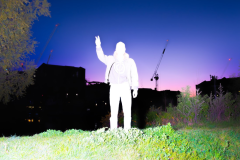
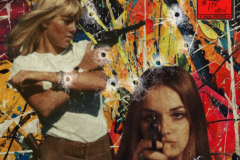
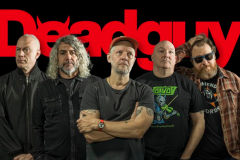

Social Media